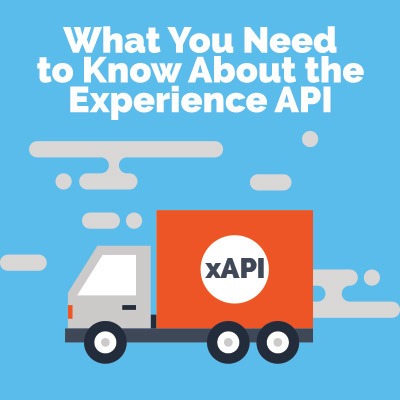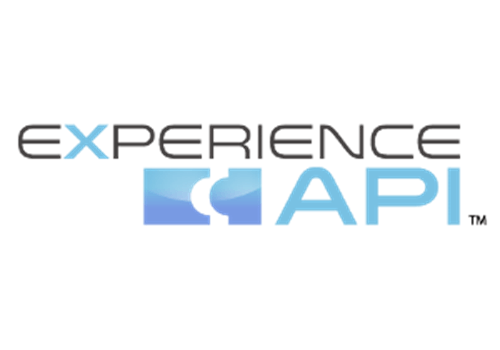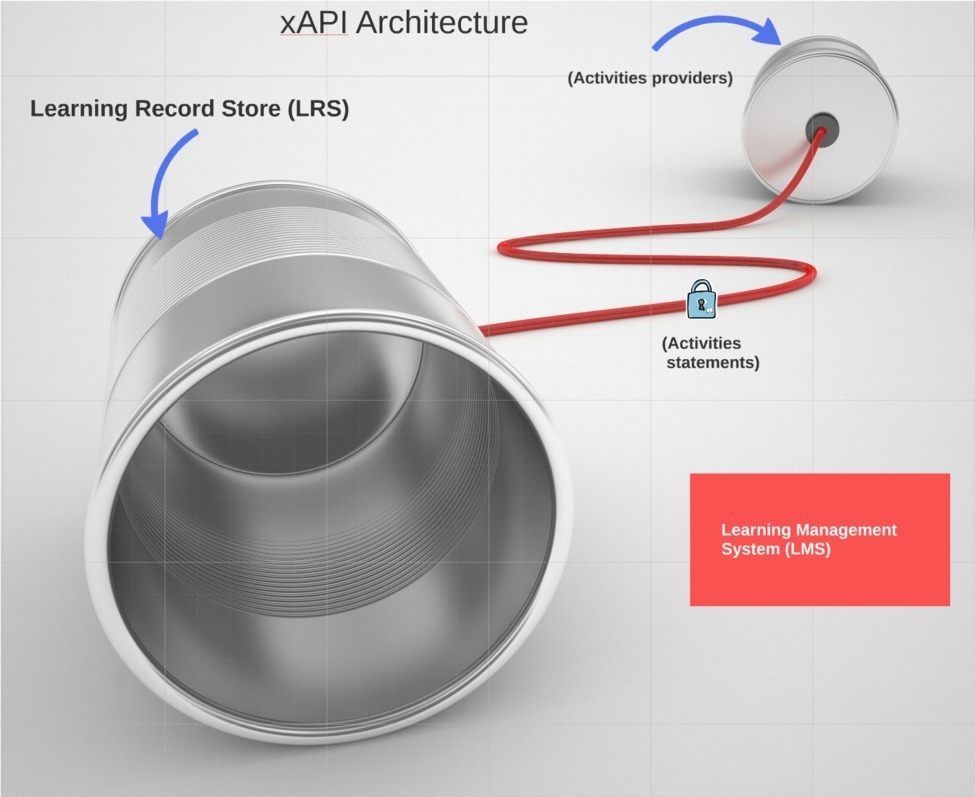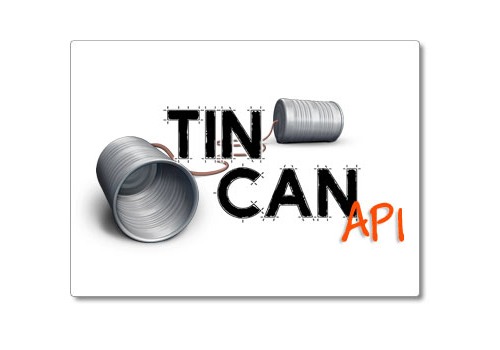What is Experience API And Why It Is Important To eLearning
Here’s what you need to know about the Experience API:
Why was Experience API created?
ADL wanted to define a new, updated standard for tracking eLearning: the Experience API.
Wait; what is ADL?
ADL, or Advanced Distributed Learning, was created to set standards for training software. In 1999, President Clinton wanted to ensure that the Department of Defense and other federal employees took full advantage of technological advances. That way, they could acquire the skills and learning that are necessary for success in the ever-changing modern workplace. As a result, the ADL Initiative was born.
So, ADL is responsible for Experience API?
That’s right. But first, years before Experience API, the ADL developed SCORM, a set of technical standards for eLearning software products. The website explains it best: “SCORM tells programmers how to write their code so that it can ‘play well’ with other e-learning software”.
SCORM is an acronym for “Sharable Content Object Reference Model", which shows that SCORM is focused on creating units of online training material that can be shared across systems. This is important because it means that a SCORM conformant Learning Management System (LMS) -such as CourseMill- can “play” any SCORM content. Likewise, any SCORM content can be played in any SCORM conformant Learning Management System. Having a set of standards to ensure this interoperability saves time and money.
In 2010, the ADL recognized that we needed an updated standard that could do much more than SCORM can. They asked Rustici Software to create what we now know as Experience API (xAPI).
Is Experience API the same thing as Tin Can API?
Yes. The Tin Can API is the original name for the next generation of SCORM that ADL was looking for. Rustici Software says “We called this process Project Tin Can because it was meant to be a two-way conversation between us and the eLearning industry. It’s only fitting that the solution be named the Tin Can API – an elegant solution for letting us communicate with one another”.
Today, ADL refers to Tin Can API as the Experience API, or xAPI for short. The name Experience API is fitting for the eLearning community because its purpose is to store and provide access to learning experiences. The ADL explains “The Experience API enables tracking of learning experiences, including traditional records, such as scores or completion. It also stores records of learners’ actions, like reading an article or watching a training video”. Experience API also supports cases that SCORM couldn’t meet easily, like mobile training and content accessed outside a web browser.
Want to see how you can use Experience API with a powerful authoring tool to track experiences that you’ve never been able to track before? Watch this recorded webinar: Lectora and xAPI.
For more eLearning articles like this and helpful tips, subscribe to the Everything eLearning Blog.








